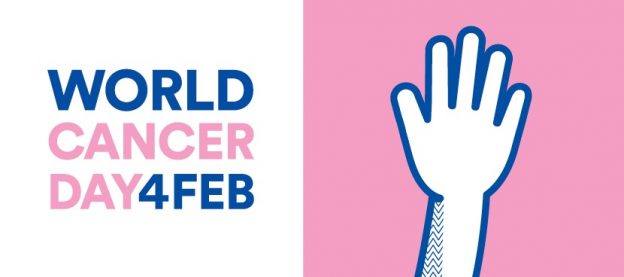There are over 200 different types of cancer that are all diagnosed and treated in a specific way, however the four most common cancers in the UK are breast cancer, lung cancer, prostate cancer and bowel cancer.
Spotting the signs
Whilst in many cases the symptoms you experience will not be related to cancer, it is important to speak to your GP as soon as possible if you have any concerns. The earlier that cancer is diagnosed, the higher chance of effective treatment. You should seek the advice of your GP if you’re experiencing any of the following symptoms…
Lumps – A lump in your breast, or elsewhere on your body, that may be increasing in size.
Coughing and chest pain – Persistent coughing, chest pain or breathlessness for longer than three weeks.
Changes in bowel habits – Changes in bowel habits that persist for more than a few weeks, including diarrhoea or constipation for no reason, pain in your stomach, blood in your stools or persistent bloating.
Bleeding – Bleeding that cannot be explained, such as blood in your urine, bleeding in between periods, or bleeding when you cough.
Moles – A mole that has an irregular shape, has more than one colour, is bigger than 7mm in diameter, or is itchy, crusting or bleeding.
Unexplained weight loss – A considerable amount of weight loss over a short amount of time, which cannot be explained as the result of stress or changes in lifestyle.
Can cancer be prevented?
There are lifestyle changes you can make to reduce the chances of developing cancer, these include…
- Not smoking
- Eating a healthy, balance diet
- Cutting back on alcohol
- Keeping active
- Being safe in the sun
Further Information
More information regarding the many different types of cancer can be found on the NHS website.

